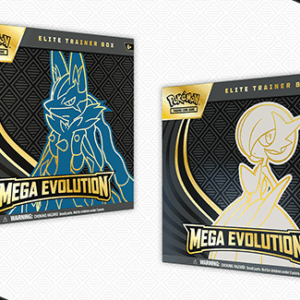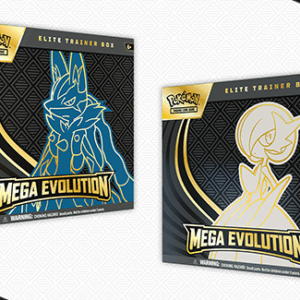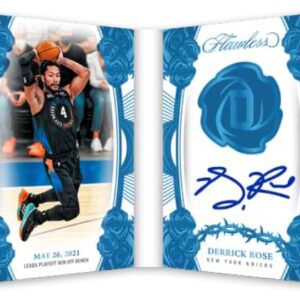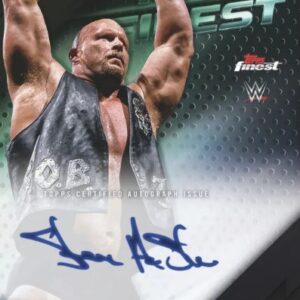The air was thick with disbelief this week as a seismic scandal erupted in the world of sports memorabilia, enveloping a bustling market in a cloud of uncertainty and dismay. The focal point of this drama is Brett Lemieux, a 45-year-old autograph dealer whose name, until recently, brought to mind impressive collections, rare pieces, and unparalleled expertise. Peel back that veneer, however, and you uncover a tale so sinister it reads like a page-turner — though, one suspects, without the satisfying closure.
Lemieux was revealed to be the central figure in an alleged massive counterfeit operation, a scheme so elaborate and audacious that its ripples are already altering the landscape of sports memorabilia for years to come. This revelation surfaced tragically, when Lemieux was found dead during a police operation targeting the fraudulent empire he allegedly constructed in the quiet town of Westfield, Indiana. According to Westfield police, as they moved in with a search warrant, Lemieux died of a self-inflicted gunshot wound, leaving a residue of unanswered questions and stunned collectors.
The mystery, however, began unraveling before the raid, spurred by a provocative post in the popular Facebook group “Autographs 101,” purportedly from Lemieux himself. This post was nothing short of a bombshell, providing not only a confession of orchestrating a counterfeit operation but also an insight into the systemic deceit that introduced over four million fake sports items into the market, dressed convincingly in the trappings of authenticity. The financial implications were just as staggering—claims of $350 million in illicit sales sent shudders through the autograph community, thus challenging perceptions of item authenticity and the viability of investments.
Operating under the business banner “Mister Mancave,” Lemieux’s supposed expertise and impressive inventory now bear the tarnish of deception. Advertised as holding “the largest framed jersey inventory on the web,” the business traced its roots to an address in Columbus, Ohio, though curiously, it never operated a physical storefront. Incorporation records in Indiana from 2018 to 2023 suggest a sleek operation, yet they now loom as evidence of fraudulent suburban craft.
Lemieux’s alleged confession shed light on sophisticated forgery methods, including the debauching of hologram stickers used by marquee authentication companies like Panini, Fanatics, and James Spence Authentics. Following the tragic death of basketball icon Kobe Bryant, Lemieux claimed the market was suddenly awash with some 80,000 fake Bryant items. Each forged item bore seemingly legitimate authentication holograms, a testament to the cunning sophistication employed and insight into how illusions of authenticity were curated—and in colossal numbers.
This deception spanned beyond basketball. Items on Lemieux’s site, like a “signed” Aaron Judge baseball accompanied by a Fanatics hologram offered at an attractive $399—fetching significantly less than Fanatics’ asking price of $699—suggested eyebrow-raising bargains that, with hindsight, raised too few suspicions for too long. These artifacts, marketed at improbable discounts, successfully masqueraded as legitimate to unwitting browsers, aided by counterfeit authenticity stickers that muted squeals of skepticism.
In the wake of this jaw-dropping disclosure, industry heavyweights scramble for damage control. Fanatics, facing scrutiny amidst the chaos, insists its overhauled hologram technology is foolproof. Spurred by the scandal, these companies now straddle a complex path forward, enlightened by past vulnerabilities but decisively eyeing a fraud-free horizon, some with the backing of ex-FBI agents to prevent future deception.
The figures Lemieux alluded to in his confessional post have faced scrutiny within industry circles. Admittedly, competitors remain skeptical of the $350 million sales claim, dismissing it as implausible, while yet acknowledging the massive disruption it heralded. Steve Grad, a luminary in autograph authentication, mourns the modern-day hellscape of copied signatures, underscoring the challenges of detection in an age of hyper-sophisticated forgeries like autopens.
Within this chaotic milieu, no surprise resonated with some industry insiders. “He had autographs from athletes who hadn’t signed in decades,” a dealer shrugged, expressing a resigned annoyance nearly overshadowed by the breadth of deceit. Others implicated in Lemieux’s “manifesto,” like Indiana’s Dominique Ball and Wisconsin’s Nickolas Litscher, have publicly denied involvement, with Litscher even contemplating legal recourse after his name stirred digital potshots.
Investigations hint at Lemieux’s operation stretching across various identities and platforms such as Ultimate Sports and Signature Dog, broadening the scope of deceit. The collectors’ sphere now faces an existential dilemma—trust itself has become a rare commodity, collector’s pride tarnished by counterfeit revelations.
For collectors, this saga implores vigilant discernment. The revelation serves as a promising call to reform while presenting a formidable challenge to reaffirm trust, as the lessons from this scandal become stepping stones for an industry’s determined voyage towards authenticity and transparency.






